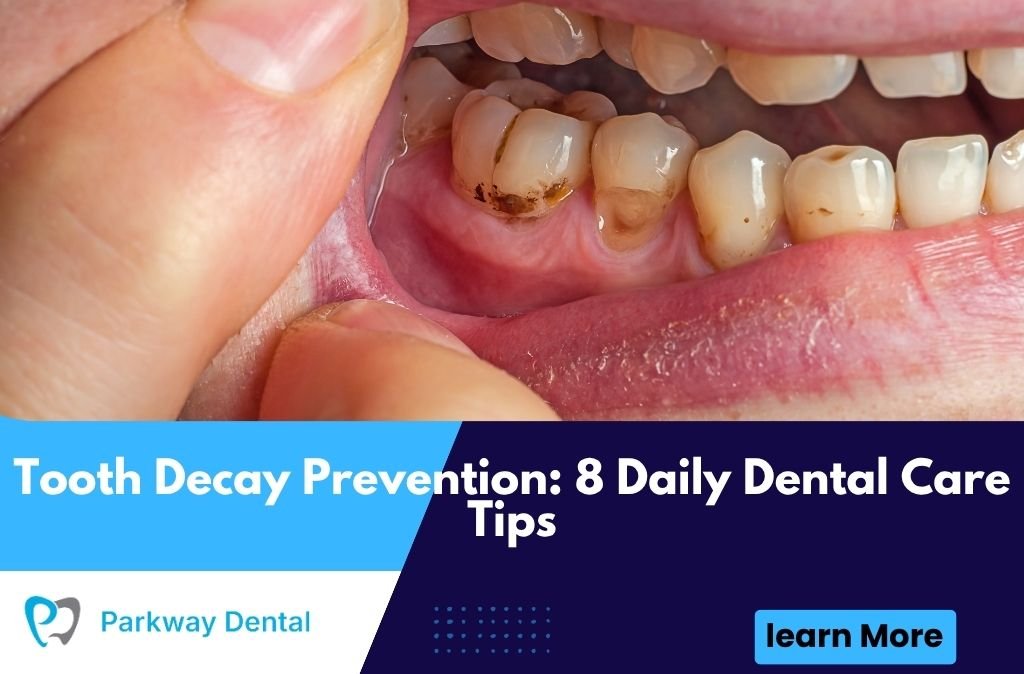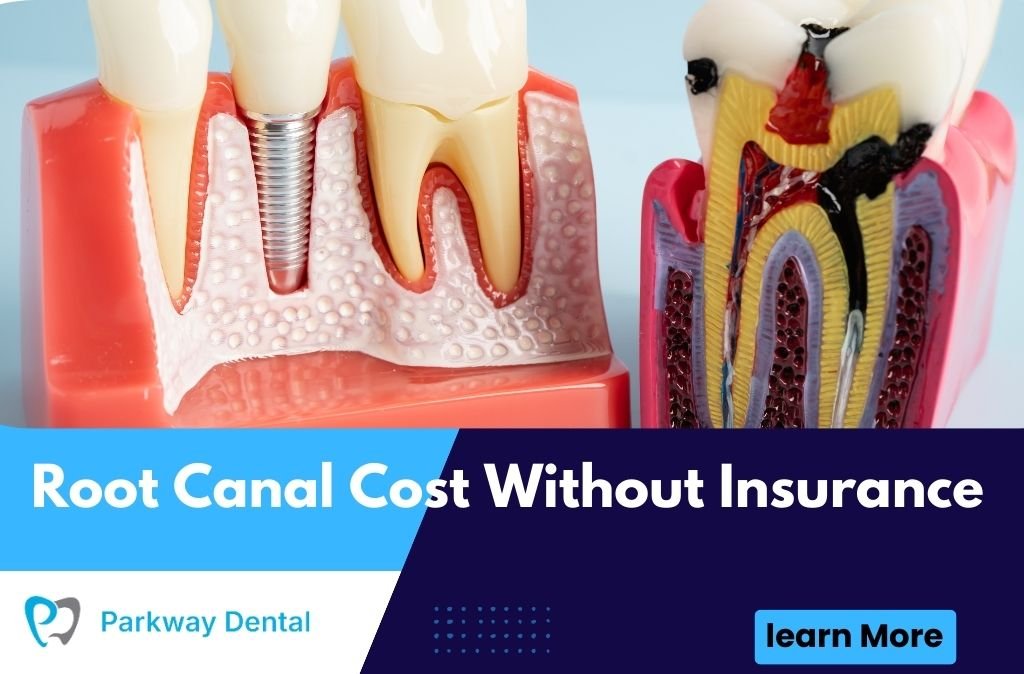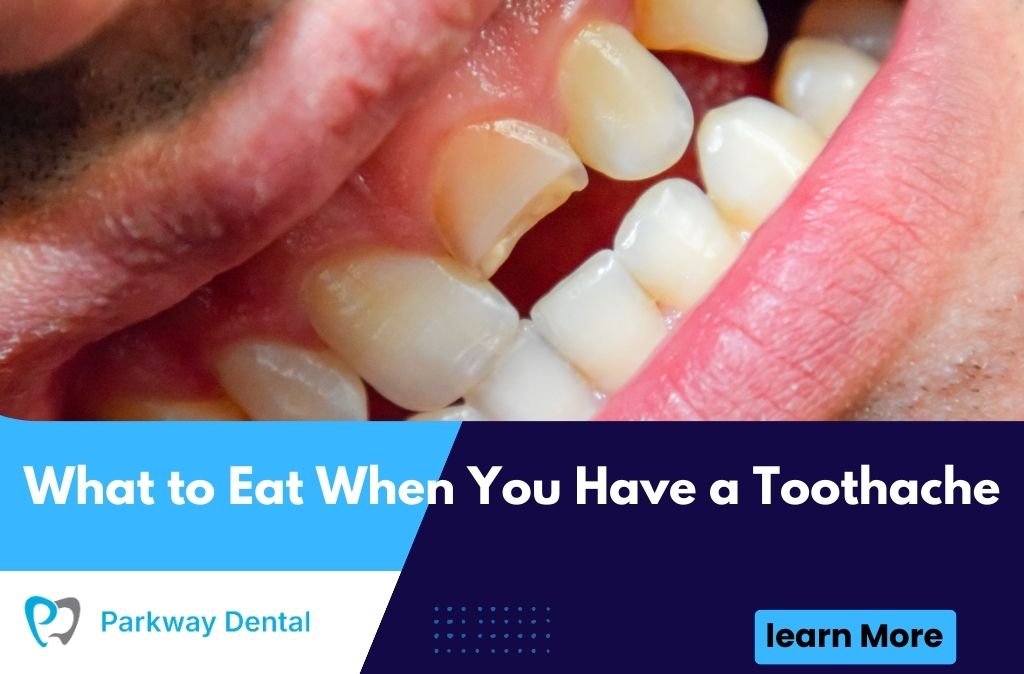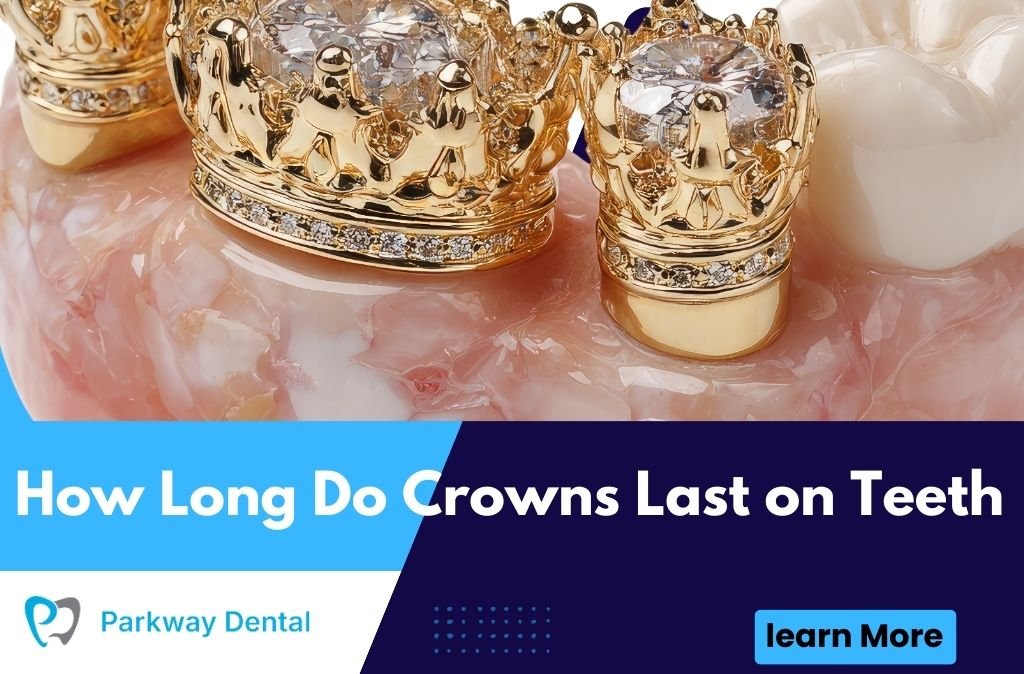Tooth decay remains one of the most common chronic diseases worldwide, affecting people of all ages. Despite being largely preventable, millions of individuals continue to struggle with cavities, gum disease, and other oral health complications that could be avoided with proper daily care. Understanding how to protect your teeth through consistent, evidence-based practices is essential for maintaining optimal oral health throughout your lifetime.
The good news is that preventing tooth decay doesn’t require expensive treatments or complicated procedures. With the right knowledge and commitment to daily habits, you can significantly reduce your risk of developing cavities and maintain a healthy, beautiful smile for years to come.
Understanding Tooth Decay
Before diving into prevention strategies, it’s important to understand what causes tooth decay. When bacteria in your mouth feed on sugars and starches from food particles, they produce acids that attack tooth enamel. Over time, these repeated acid attacks weaken and break down the enamel, creating small holes known as cavities. Without proper intervention, these cavities can grow larger and deeper, potentially leading to pain, infection, and tooth loss.
8 Essential Daily Dental Care Tips
1. Brush Your Teeth Twice Daily with Fluoride Toothpaste
The foundation of good oral hygiene begins with proper brushing technique. Use a soft-bristled toothbrush and fluoride toothpaste to clean your teeth for at least two minutes, twice daily. Fluoride helps strengthen tooth enamel and makes it more resistant to acid attacks from bacteria. Focus on brushing all surfaces of your teeth, including the front, back, and chewing surfaces, using gentle circular motions rather than aggressive scrubbing.
2. Floss Daily to Remove Plaque Between Teeth
Brushing alone cannot reach the tight spaces between your teeth where food particles and plaque accumulate. Daily flossing removes debris and bacteria from these areas, preventing the formation of cavities and gum disease. Use about 18 inches of floss, winding most of it around your middle fingers and leaving about two inches to work with. Gently guide the floss between your teeth using a rubbing motion, then curve it into a C-shape against one tooth and slide it into the space between the gum and tooth.
3. Use an Antimicrobial Mouthwash
Incorporating an antimicrobial mouthwash into your daily routine provides an extra layer of protection against harmful bacteria. Look for mouthwashes that contain fluoride and are specifically designed to fight plaque and gingivitis. Rinse for 30 seconds after brushing and flossing to reach areas that mechanical cleaning might miss and to help neutralize acids produced by bacteria.
4. Limit Sugary and Acidic Foods and Beverages
Your diet plays a crucial role in tooth decay prevention. Bacteria in your mouth thrive on sugars and produce acids that erode tooth enamel. Limit consumption of sugary snacks, sodas, sports drinks, and acidic foods like citrus fruits and tomatoes. When you do consume these items, try to do so during meals rather than as standalone snacks, as increased saliva production during meals helps neutralize acids.
5. Drink Plenty of Water Throughout the Day
Water is nature’s mouthwash and plays a vital role in maintaining oral health. Drinking water helps wash away food particles and bacteria, dilutes acids produced by oral bacteria, and keeps your mouth moist. Saliva production is essential for neutralizing acids and providing minerals that help repair early stages of tooth decay. If your local water supply is fluoridated, drinking tap water provides additional protection against cavities.
6. Replace Your Toothbrush Regularly
A worn toothbrush cannot effectively clean your teeth and may harbor harmful bacteria. Replace your toothbrush every three to four months, or sooner if the bristles become frayed. Also, replace your toothbrush after recovering from any illness to prevent reinfection. Electric toothbrush heads should be replaced according to manufacturer recommendations, typically every three months.
7. Consider Dental Sealants for Added Protection
Dental sealants are thin, protective coatings applied to the chewing surfaces of back teeth, where decay commonly occurs. These plastic coatings create a barrier that prevents food particles and bacteria from settling into the deep grooves and pits of molars. While often applied during childhood, adults can also benefit from sealants, especially if they have deep grooves in their teeth or are at higher risk for decay.
8. Schedule Regular Professional Cleanings and Checkups
Professional dental care is an irreplaceable component of decay prevention. Regular cleanings remove tartar buildup that cannot be eliminated with home care alone, while checkups allow for early detection and treatment of potential problems. Most dental professionals recommend visits every six months, though some individuals may need more frequent appointments based on their risk factors and oral health status.
Additional Prevention Strategies
Beyond these eight essential tips, consider incorporating sugar-free gum containing xylitol into your routine. Chewing gum after meals stimulates saliva production and helps neutralize acids. Xylitol, a natural sugar substitute, has been shown to inhibit the growth of harmful bacteria and may help reverse early stages of tooth decay.
Pay attention to timing when consuming acidic foods and beverages. Wait at least 30 minutes after consuming acidic items before brushing your teeth, as the enamel is temporarily softened and more susceptible to damage from brushing immediately afterward.
The Importance of Consistency
Prevention is most effective when practiced consistently over time. Establishing a routine and sticking to it is more beneficial than sporadic intensive care. Make these habits part of your daily schedule, just like any other essential activity. Consider setting reminders on your phone or using apps that track your oral hygiene habits until they become second nature.
Conclusion
Preventing tooth decay requires commitment to daily oral hygiene practices and regular professional care. By implementing these eight essential tips—proper brushing with fluoride toothpaste, daily flossing, using antimicrobial mouthwash, limiting sugary and acidic foods, drinking plenty of water, replacing toothbrushes regularly, considering dental sealants, and maintaining regular dental visits—you can significantly reduce your risk of developing cavities and maintain optimal oral health throughout your life.
Remember that prevention is always more cost-effective and comfortable than treatment. Investing time in daily care and regular checkups with a qualified Dentist in West Roxbury, MA, will pay dividends in terms of your oral health, overall well-being, and confidence in your smile.
Frequently Asked Questions
How often should I brush my teeth?
You should brush your teeth at least twice daily—once in the morning and once before bedtime. If possible, brush after meals, especially if you’ve consumed sugary or acidic foods and beverages.
Is electric toothbrush better than manual toothbrush for preventing decay?
Both electric and manual toothbrushes can be effective when used properly. Electric toothbrushes may be more effective at removing plaque and are easier to use for people with limited dexterity. The key is proper technique and consistency regardless of which type you choose.
Can I reverse early tooth decay naturally?
Early stages of tooth decay (demineralization) can sometimes be reversed through remineralization using fluoride treatments, proper oral hygiene, and dietary changes. However, once a cavity has formed, it requires professional dental treatment.
How long should I wait to brush my teeth after eating?
Wait at least 30 minutes after eating before brushing, especially if you’ve consumed acidic foods or beverages. This allows your saliva to neutralize acids and your enamel to reharden.
Are sugar-free foods and drinks safe for my teeth?
Sugar-free products are generally better for your teeth than those containing sugar. However, some sugar-free items may still contain acids that can erode enamel. Additionally, some artificial sweeteners like xylitol actually provide protective benefits for teeth.
What should I do if I have sensitive teeth?
Use a toothpaste designed for sensitive teeth containing potassium nitrate or stannous fluoride. Avoid whitening toothpastes temporarily, as they can increase sensitivity. If sensitivity persists, consult your dentist to rule out underlying problems like decay or gum recession.
How important is flossing really?
Flossing is crucial for preventing tooth decay and gum disease. It removes plaque and food particles from between teeth where your toothbrush cannot reach. Areas between teeth are common sites for cavity formation, making daily flossing essential.
Can mouthwash replace brushing and flossing?
No, mouthwash cannot replace brushing and flossing. While mouthwash provides additional benefits like reaching areas mechanical cleaning might miss and providing antimicrobial action, it should be used as a supplement to, not a replacement for, proper brushing and flossing.






